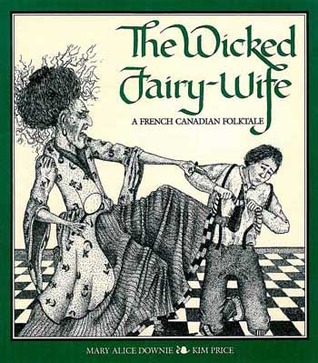A very singular case was tried at the last Galway assizes, which affords a melancholy proof of the strong influences of superstition in the perversion of the human mind. An old man, named Flaherty, was put upon his trial for the murder of his wife, eleven years since, at their residence, in the parish of Maycullen. The wretched man, it appeared by the testimony of several witnesses, had been induced to strangle his wife with a pair of tongs, in order to banish evil spirits which he imagined possessed her, and caused her to be what is vulgarly called ‘fairy stricken’. The gross superstition which misled the murderer was not confined to him alone, but equally affected the near relatives of the unfortunate victim, who rather facilitated than prevented the horrible deed. After its perpetration the prisoner absconded, and on his return, a few months since, to the neighbourhood of Maycullen, he was taken into custody. The trial took place before Baron Sir Wm. Cusack Smith, who, in his charge, told the Jury that, if the prisoner made the absurd and mischievous superstition to which his wife fell a victim, a pretext for accomplishing a malignant purpose of taking away her life, the case would be one of barbarous and treacherous murder. Even if this were not so; if the prisoner himself were the dupe of those pernicious and superstitious notions, and in compliance with them, deliberately perpetrated acts which had a manifest tendency to produce death, and that death ensued, he would be guilty of homicide, and that homicide, in the opinion of the Baron, would be a murder. The great lapse of time since the occurrence might have impaired the memories of the witnesses, and more than two persons acquainted with it had sunk into the grave. There was besides a disparity observable in the testimony of the witnesses, relative to their participation in the crime, which rendered it difficult for the Jury to believe the part of their evidence which imputed criminality to the prisoner; for if the Jury believed a witness perjured on one point, they could not hold him credible upon another. After a short deliberation by the Jury, they returned a verdict of Not Guilty’. Anon, [no title] 1829


